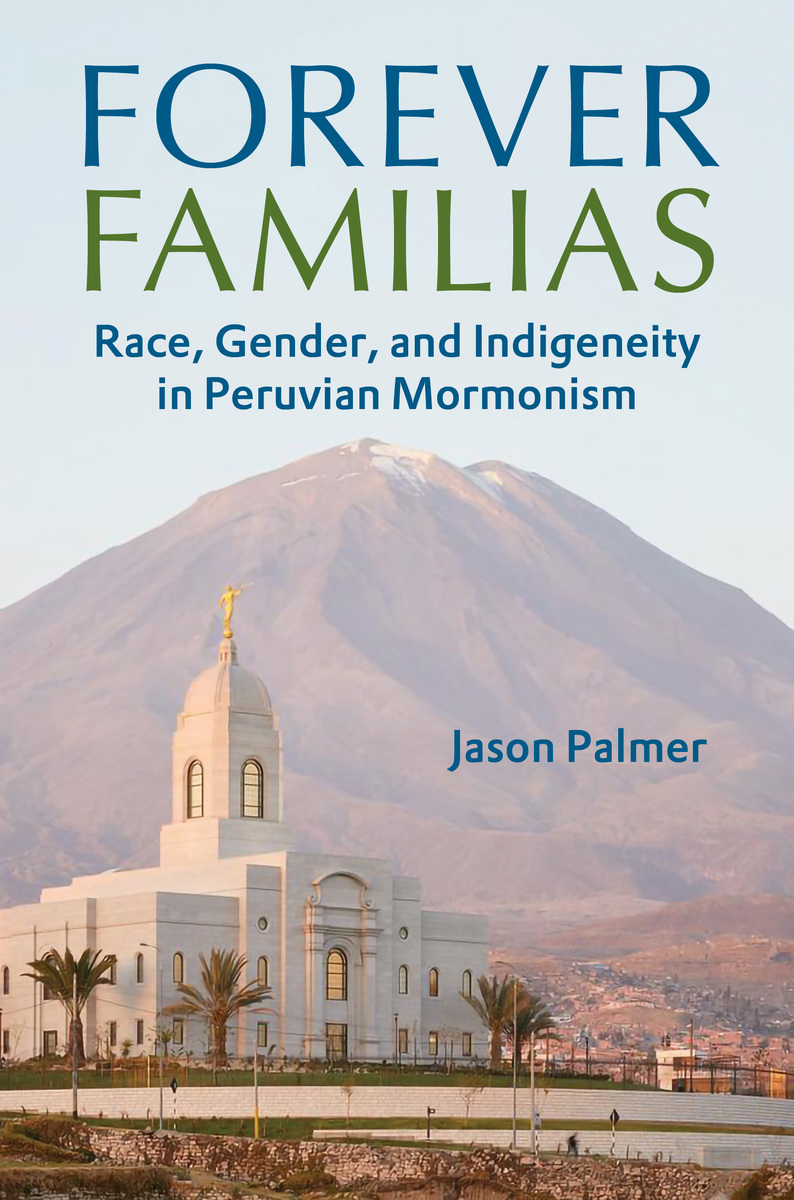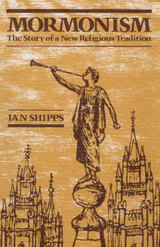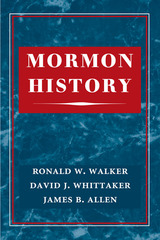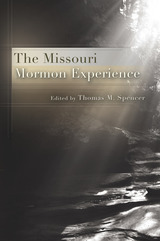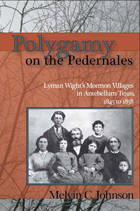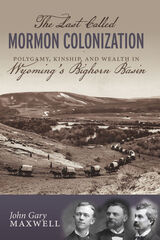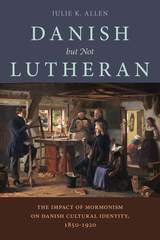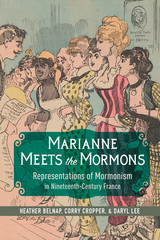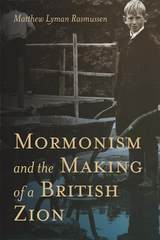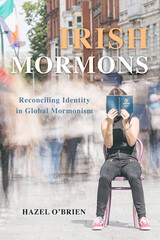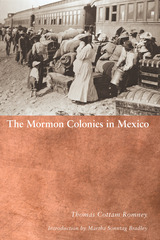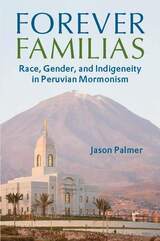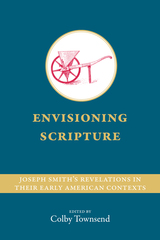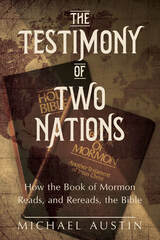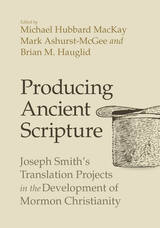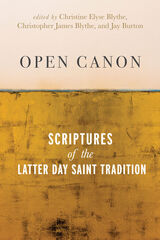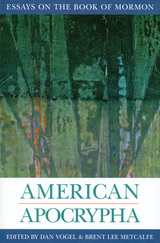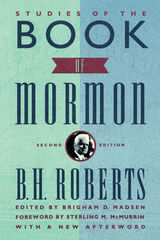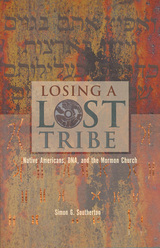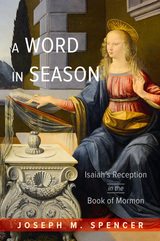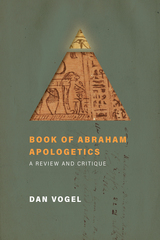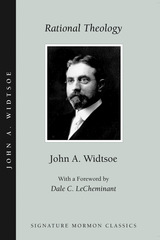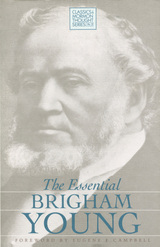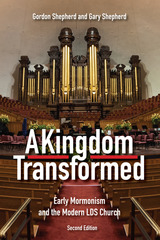eISBN: 978-0-252-05673-4 | Paper: 978-0-252-08795-0 | Cloth: 978-0-252-04585-1
Library of Congress Classification BX8617.P4
Dewey Decimal Classification 289.385
Peruvian members of the Church of Jesus Christ of Latter-day Saints face the dilemma of embracing their faith while finding space to nourish their Peruvianness. Jason Palmer draws on eight years of fieldwork to provide an on-the-ground look at the relationship between Peruvian Saints and the racial and gender complexities of the contemporary Church.
Peruvian Saints discovered that the foundational ideas of kinship and religion ceased being distinct categories in their faith. At the same time, they came to see that LDS rituals and reenactments placed coloniality in opposition to the Peruvians’ indigenous roots and family against the more expansive Peruvian idea of familia. In part one, Palmer explores how Peruvian Saints resolved the first clash by creating the idea of a new pioneer indigeneity that rejected victimhood in favor of subtle engagements with power. Part two illuminates the work performed by Peruvian Saints as they stretched the Anglo Church’s model of the nuclear family to encompass familia.
See other books on: Church of Jesus Christ of Latter-day Saints | Church of Jesus Christ of Latter-day Saints (Mormon) | Identity (Psychology) | Peru | Race & Ethnic Relations
See other titles from University of Illinois Press
